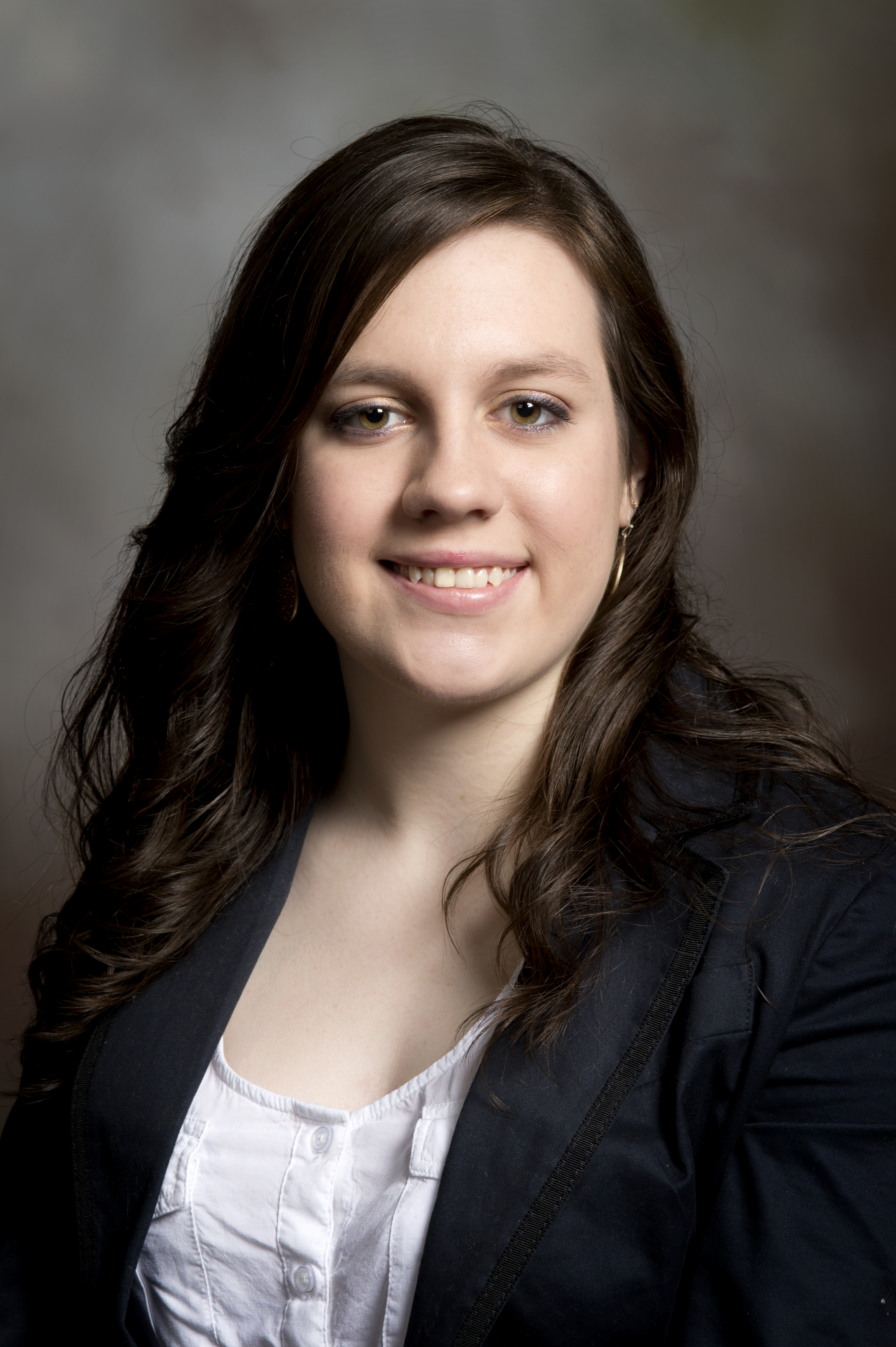Graduate profile: Life-altering injury set academic path in motion for graduating student

On paper, Sarah Gilbert of Goochland, Va., a graduating senior majoring in chemical engineering in the College of Engineering with a minor in chemistry, may look like a typical Virginia Tech student, anxiously awaiting graduation.
But an injury she calls “life-altering” set in motion Gilbert’s passion for academics and research.
“When I was 12, I was diagnosed with scoliosis, a curvature to the spine. I wore a back brace for a year, but nothing helped,” Gilbert said. “I had to get surgery, but it didn’t turn out as expected. There were complications. I came out paralyzed.”
Gilbert loved playing sports, especially soccer. She assumed she would go on to play in high school and college. With that dream gone, she focused on a new goal. “I had to be competitive at something so I turned to academics,” Gilbert said.
As she applied to college, Gilbert thought hard about what she wanted to do for a career. Her own personal experience pointed her in the direction of biomedical engineering.
After deciding to attend Virginia Tech, she participated in the Student Transition Engineering Program (STEP) the summer before her first year. The program works in collaboration with the College of Science’s Summer Bridge Program. It gave her the opportunity to get a jump start on engineering and science courses critical to pursuing a degree in chemical engineering – the specialty she found best aligned with her biomedical engineering interests.
Last summer, she had the opportunity to work as a tutor for STEP, coaching students through their chemistry homework. “There are so many ways to approach chemistry,” Gilbert said. “Sometimes one path fits a certain student better than another path. Tutoring on a one-on-one basis gives you the opportunity to adapt to the student.”
Beyond tutoring, Gilbert has engaged in research. As a first-year student, Gilbert applied for a scholarship through the Department of Industrial and Systems Engineering. “They were looking for a sophomore or junior, ideally, but the scholarship also gave preference to a student with a disability,” Gilbert said.
After being awarded the scholarship, Gilbert conducted literature research for a graduate student who was building a haptic device that uses touch to help students learn chemistry. “A lot of chemistry is visual, such as molecules that you have to be able to see to understand the structure,” Gilbert said. “The device looked like a ball with a joystick that you can put your hand on and when you get to the edge of the molecule, it will vibrate.”
Through tutoring, research, and an already tough curriculum, Gilbert gained notice from faculty for her determination in and out of the classroom, all while working through her disability.
“I have taught over 10,000 students in 30 years. In my opinion, she is in the top 1 percent of those students in terms of her hard work and persistence,” Gary Long, associate dean for curriculum and instruction in the College of Science, said.
As graduation approaches, Gilbert hopes to apply her grit to advancing the field of neurological research. “I feel like there is a lot of research being done on the brain, but we need to focus on the spinal cord too,” Gilbert said. “I wonder if there is less research on injuries to the spinal cord because it’s so rare.”
Now, she says she hopes to use her life-altering injury as a personal motivator for a professional career in research, looking for discoveries that could change her life and others like her.




